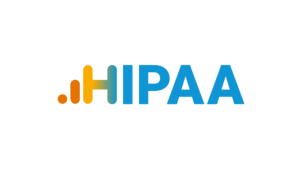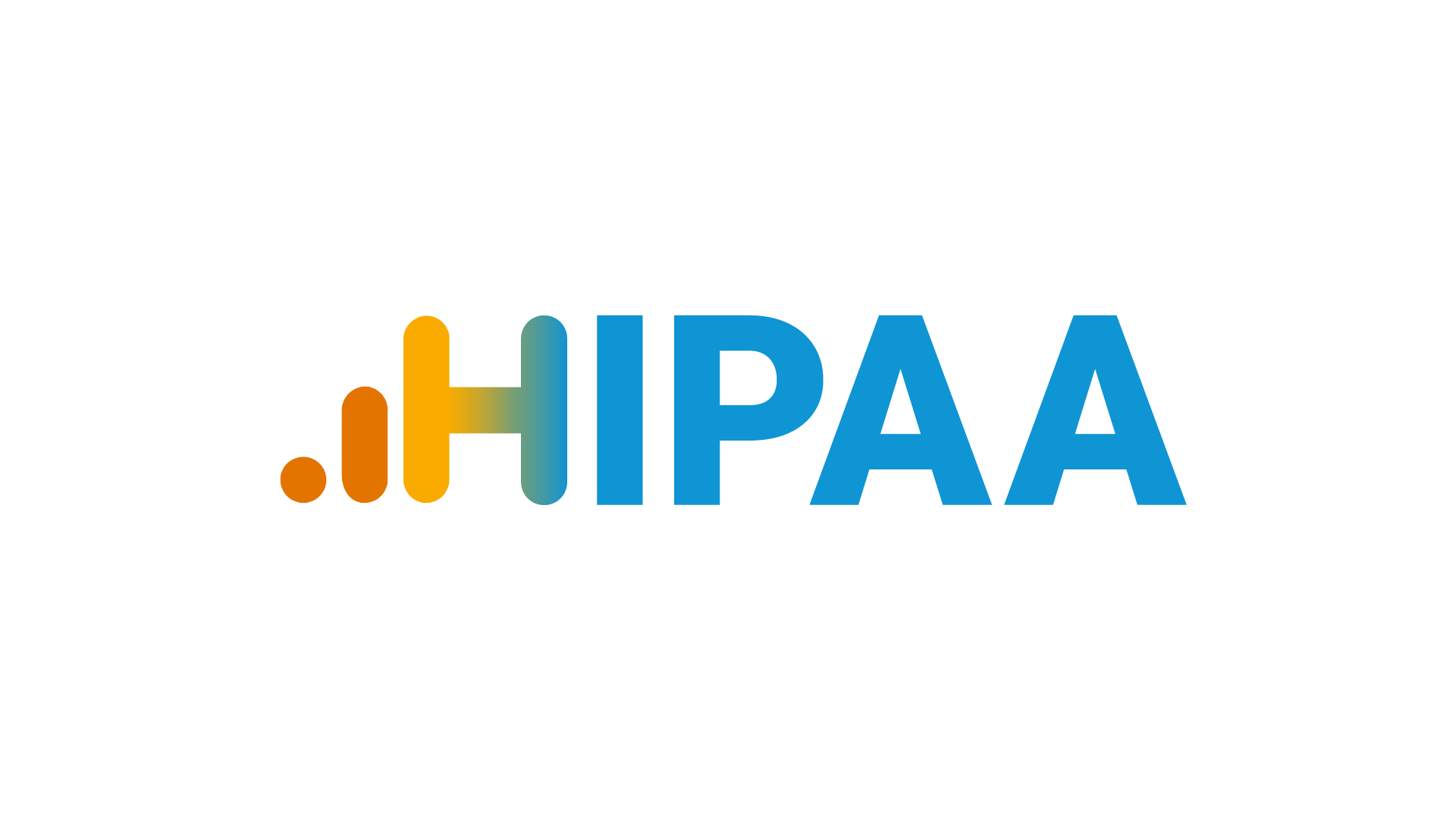Google Analytics Isn’t HIPAA Compliant
As a healthcare provider, you’re inevitably familiar with HIPAA. You probably have a good handle on how to maintain patient privacy in normal business operations, but what about your marketing efforts?
When it comes to healthcare marketing processes and campaigns, as well as the tools you use to gather information about prospective and current patients, it’s equally important to stay in line with HIPAA standards.
In light of recent reports that patient data was transmitted to Facebook through the use of tracking technology on hospital websites and within password-protected patient portals, the HHS Office for Civil Rights (OCR) issued a bulletin in December 2022. The statement included guidance about how to avoid disclosing individually identifiable personal health information with tracking platforms such as Google Analytics.
This guidance applies to any entity covered with HIPAA, so if you use Facebook tracking pixels, Google Analytics, or any other tracking system that’s not specifically said to be HIPAA compliant, there’s a very good chance you’re not meeting HIPAA requirements.
The good news is that even though Google Analytics isn’t HIPAA compliant, there are still things you can do to stay aligned with HIPAA’s guidelines.
How Are Google Analytics and HIPAA Connected?
 Google Analytics is a powerful web analytics tool widely used for tracking and analyzing website traffic and user behavior. However, it’s important to note that, by default, Google Analytics isn’t HIPAA compliant. This means that covered entities and business associates can’t use Google Analytics for any purpose involving protected health information (PHI) under HIPAA regulations.
Google Analytics is a powerful web analytics tool widely used for tracking and analyzing website traffic and user behavior. However, it’s important to note that, by default, Google Analytics isn’t HIPAA compliant. This means that covered entities and business associates can’t use Google Analytics for any purpose involving protected health information (PHI) under HIPAA regulations.
Moreover, if you want to use a tracking technology like an analytics platform that will collect and process PHI, and it fits the definition of a business associate, you need to sign a business associate agreement (BAA) with the vendor. However, Google doesn’t provide the option to sign a BAA, which further demonstrates that Google Analytics isn’t HIPAA compliant.
There are specific reasons why using Google Analytics for HIPAA-regulated purposes raises concerns. First of all, Google does not offer on-premises hosting or the ability to choose the data residency location. This means that all data tracked by the platform will be stored in randomly assigned data centers, both within and outside the United States. As a covered entity, you may not have control over where your patients’ data is stored, which breaks HIPAA’s accountability rule.
Also, Google’s terms and conditions state that the company uses the tracked data to develop new services, measure advertising effectiveness, and personalize content and ads. However, using any PHI or electronic PHI (ePHI) in an advertising context could potentially violate HIPAA regulations, as it involves the disclosure of patient health information without proper authorization.
Collecting and Transmitting PHI
Gathering and sharing PHI is another reason why Google Analytics isn’t HIPAA compliant. Although PHI may not directly reveal specific health details, there is a risk of unintentionally combining it with other data sources or identifying specific individuals based on patterns or context.
Google Analytics collects various types of data, including demographic information, user behavior, and website interactions. If you integrate Google Analytics with your systems and link or combine this data with other sources that contain PHI, this may lead to the unintentional disclosure of sensitive information.
Also, you may have multiple systems or platforms that capture patient information. If these systems are connected with Google Analytics, there’s a possibility that PHI from one system could be correlated with data collected by Google Analytics. The cross-referencing of data could lead to the identification of individuals or the disclosure of sensitive health information.
Finally, Google Analytics retains data for a specific period, and this data may contain PHI. If you don’t have proper controls in place to ensure that PHI is removed or de-identified within the required timeframe, there’s a risk of unintentionally sharing PHI through Google Analytics reports or data exports.
Under HIPAA, it’s crucial to ensure that any transmission or storage of PHI is done securely and in compliance with the Privacy and Security Rules. Therefore, failing to implement appropriate encryption measures for sensitive data can expose you to serious consequences.
How to Stay Compliant and Competitive?
The examples above highlight the importance of being mindful of the potential risks associated with the fact that Google Analytics isn’t HIPAA-compliant. Therefore, it’s crucial that you, as a covered entity, take steps to mitigate these risks.
First of all, you need to perform a comprehensive risk assessment of your website and digital marketing processes. Identify areas where potential PHI exposure or unauthorized disclosures may occur, such as contact forms, data tracking, or third-party integrations. This assessment will help you understand the specific risks and vulnerabilities that need to be addressed.
Next, take necessary technical measures to safeguard PHI and protect patient privacy. This includes implementing data anonymization techniques to ensure that individually identifiable information can’t be linked to specific individuals. Additionally, consider using encryption for all data transmissions, both within your website and any third-party integrations, to maintain data integrity and confidentiality.
Another thing you should consider is updating your privacy policy. It’s essential that your website’s privacy policy clearly outlines how data is collected, used, and protected. It should also cover details on data analytics and tracking technologies, including how they handle PHI, and specify that no PHI is used for targeted advertising purposes without proper authorization.
If you need to use a third-party analytics provider, make sure they are willing to sign a BAA. A BAA establishes the legal obligations and responsibilities of the analytics provider regarding the protection and handling of PHI. This way you can ensure that the analytics provider understands their responsibilities and complies with HIPAA regulations.
However, don’t put all your eggs in one basket — conduct periodic audits and monitoring to assess ongoing compliance with HIPAA regulations. Regularly review your website, analytics practices, and data handling procedures to identify any potential gaps or vulnerabilities. In case any issues or concerns arise, you need to address them as soon as possible to ensure ongoing compliance.
Finally, while ensuring HIPAA compliance in your healthcare marketing campaigns is crucial, it’s equally important to leverage your marketing data effectively and SocialClimb specializes in providing data-driven insights and strategies in a HIPAA-compliant environment. With a set of comprehensive features, you can track and analyze key metrics, tailor your marketing strategies, refine messaging, and choose the most effective channels for reaching your target audience. This way, you can unlock the power of data-driven decision-making, offer personalized services, enhance patient satisfaction, and ultimately gain a competitive edge in the healthcare market.











